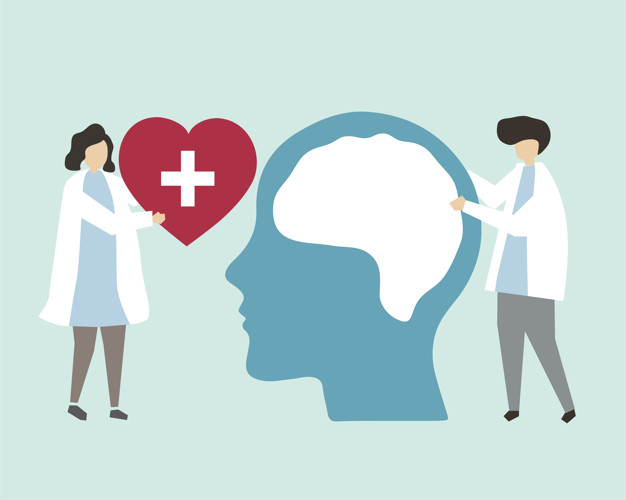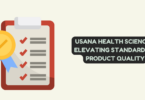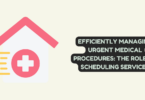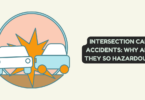
Mental Health
The synergy of therapeutic programs and recreational activities in residential mental health facilities is an innovative approach that significantly enhances rehabilitation outcomes. This blend of structured therapy with engaging activities creates a dynamic and holistic environment conducive to mental health recovery.
Central to this approach is the combination of professional therapeutic interventions with a variety of recreational activities. Therapeutic programs in residential facilities often include both individual and group therapy sessions. These sessions utilize established psychotherapeutic techniques and mindfulness practices tailored to address the specific needs of each resident.
Recreational activities are carefully integrated into the therapeutic regimen, complementing the more structured therapy sessions. These activities can range from physical exercises like hiking or team sports to creative and expressive pursuits such as art classes, music sessions, or drama therapy. Such activities are selected not only for their enjoyment but also for their therapeutic benefits, such as stress reduction, improved mood, and enhanced cognitive function.
One of the key benefits of combining therapy with recreational activities is the promotion of a more holistic approach to mental health recovery. While therapy sessions focus on addressing psychological issues and developing coping strategies, recreational activities offer opportunities for physical wellness, social interaction, and creative expression. This comprehensive approach recognizes the interconnectedness of physical, mental, and emotional health in overall well-being.
The integration of recreational activities into treatment plans also serves to reinforce therapeutic concepts. For example, team sports can help in building teamwork skills and trust, mirroring the interpersonal dynamics explored in group therapy. Creative activities like painting or writing provide a non-verbal medium for self-expression and emotional processing, often reflecting themes and insights from individual therapy sessions.
Moreover, recreational activities in residential treatment settings foster a sense of community and belonging among residents. Participating in shared activities creates a supportive network where residents can connect with others, share experiences, and offer mutual support. This sense of community is invaluable in the rehabilitation process, providing residents with a feeling of being understood and accepted.
Moreover, participating in these activities provides residents with newfound skills and hobbies that prove beneficial in their post-treatment life. Incorporating physical or creative pursuits into daily routines can become an integral component of a healthy lifestyle. Such activities serve as constructive outlets for stress management and emotional regulation, empowering individuals with practical tools that contribute to their ongoing well-being and resilience beyond the treatment period. The acquisition of these skills fosters a sense of self-efficacy, promoting a holistic and sustainable approach to mental health and overall life satisfaction.
The personalization of activity choices also plays a crucial role in enhancing the rehabilitation experience. Allowing residents to choose activities that align with their interests and preferences ensures higher engagement and satisfaction. This personalization adds to the sense of autonomy and self-efficacy, which are important components of mental health recovery.
The synergy of therapeutic programs and recreational activities in residential mental health facilities offers a multifaceted approach to treatment. This innovative strategy not only enhances the rehabilitation process but also ensures a more enjoyable and fulfilling experience for residents, ultimately contributing to more effective and lasting recovery outcomes.






